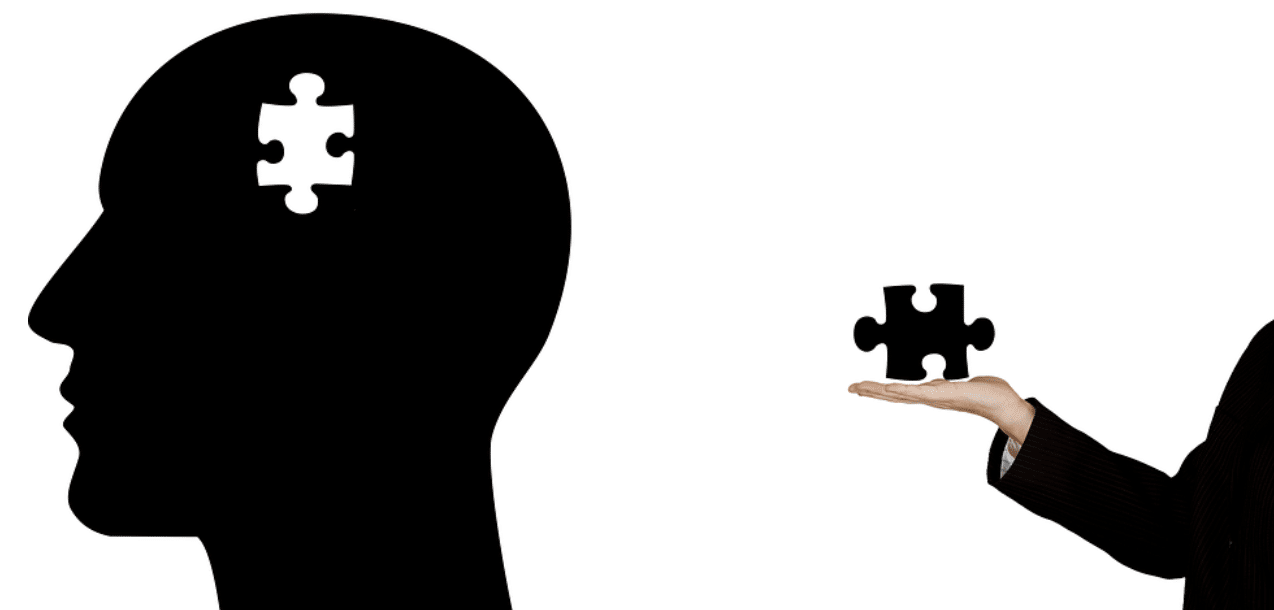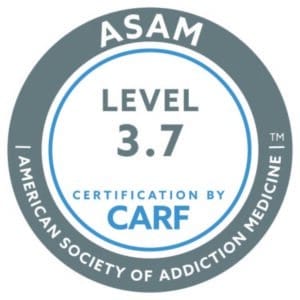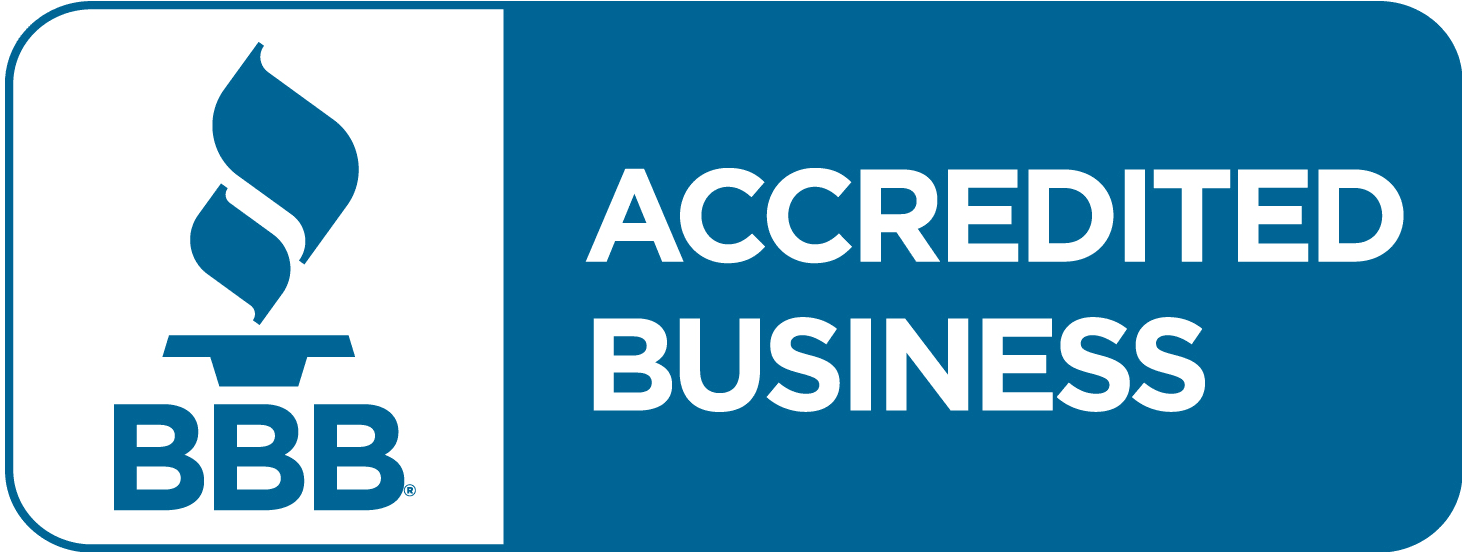The question of how to cure addiction is common but not simple. First, if you’re looking for a fast addiction cure or how to cure addiction naturally, understand these are not typical possibilities.
Addiction is a disease and a chronic one at that. There is a treatment for a chronic illness, and successful management is possible so you don’t have symptoms, but is there a cure?
What Is Addiction?
Knowing more about the contributing factors of drug or alcohol abuse is helpful to understand what an addiction cure is.
- When you have an inclination to drugs or alcohol, you have a chronic disease.
- The primary symptoms include uncontrollably seeking addictive substances and using them, despite harmful consequences.
- Drugs also lead to long-term brain changes. The changes in the brain stemming from drug or alcohol abuse can lead to dangerous behaviors.
- Addiction is a relapsing disorder as well.
- When you begin using drugs or alcohol, this is voluntary. Over time, because of the effects of the substances and other factors, such as co-occurring mental health disorders and environmental factors, your use of the substance is no longer in your control. When your use is out of your control, it’s compulsive.
- Drugs affect many areas of your brain, including those parts that control motivation, reward, learning, memory, and behavioral control.
To treat addiction, the idea of disease is important. Rather than looking for an addiction therapy or how to cure drug addiction naturally, the goal is to help someone stop using substances over the long term to rebuild their life. Stopping the use of drugs or alcohol for a couple of days isn’t a cure.
Types of Treatment for Substance Abuse
As far as curing addiction, again, we have to emphasize that there isn’t a specific cure that will work for everyone. You are a unique individual. Your treatment plan has to consider your needs.
For example, if you have a history of trauma in your life, such as physical or sexual abuse, this may contribute to your craving. Your dependence could have started when you used substances as a way to mask the pain of your traumatic experiences or to self-medicate what you were going through. Dealing with those root causes of your dependence will help increase the likelihood of long-term recovery.
As you might imagine, treating this problem is very complex, as is the recovery process. Treatment for substance use disorders is so much more than going to the doctor and getting a prescription for an addiction cure; it requires hard work, patience, and professional guidance.
If you receive addiction therapy, you might expect a combination of specific approaches. These approaches can include:
- Counseling – behavioral counseling could involve you individually working with a counselor one-on-one, or it can mean that you participate in group counseling; you might do both types as well.
- Medication – medication-assisted treatment is one part of many integrated plans. Medications are a way to help reduce withdrawal symptoms and cravings. Medications aren’t a cure. Instead, medications can help someone go through a program without as many physical side effects, increasing the likelihood they’ll complete their program.
- Co-occurring disorder treatment – Recovering addicts could also have a co-occurring disease. These disorders are mental health conditions that can appear before, during, or after your habit. Depression and anxiety are two common ones, but there are others. When you receive addiction treatment, your other mental health disorder requires professional treatment as well.
- Follow-up – Long-term follow-up is usually part of the process. Follow-up is also known as aftercare planning. As part of your aftercare plan, you might receive referrals to programs near your home so that you can continue participating in group therapy sessions and working to maintain your recovery.

What Is Effective Treatment?
According to The National Institute on Drug Abuse, studies show that substance use disorder is treatable, and the organization outlines principles of effective treatment . These principles include:
- There isn’t one specific approach that’s right for every person who struggles.
- You need quick access to treatment facilities.
- For your efforts to be effective, it has to address all of your needs as a whole person, not just your alcohol or drug use.
- You’ll need to be in recovery for a long enough period. If you begin therapy, you might feel cured, and you could leave the program early. Leaving a program too soon is a significant relapse risk factor.
- The most frequent types of remedies for addiction include talk therapy and counseling.
- Medications can also be a crucial part of the process, and they work best along with therapy.
- Your plan could change over time as your needs change. A good plan is often reviewed and modified as needed.
- When you go through detox, this is just one step in treatment. Detox is important and can even be life-saving, but it’s not a cure on its own.
- You may need continual monitoring for drug use during your program, a reward system like contingency management is helpful in these scenarios.
- Some programs may need to take into account health-related factors like infectious diseases.
What Are the Steps in Treatment?
The following are some of the general steps:
- First, you might go through a medically assisted detox in a recovery center. During the withdrawal phase and detox process, your body eliminates substances you may have depended on for long periods. As these substances leave your body, you can experience physical and mental symptoms.
- These symptoms can be uncomfortable or even dangerous. An assisted withdrawal is a good way to have medical help and care while you go through detox. A medical team can improve your comfort level and reduce the risk of relapse during a difficult detox. Medications during the detox process can help drug cravings or alcohol cravings.
- After inpatient treatment, you might then go to outpatient therapy. If you have a compulsion that’s mild or shorter-term, you might begin with outpatient care.
- Aftercare planning should be part of your addiction recovery. Your provider will help prepare you to return to your daily life. Aftercare planning might include participation in a 12-step program or another type of support group, ongoing behavioral therapy, medication management, and even job placement.
- Aftercare planning’s main objective is relapse prevention and improvement in your quality of life.
Why Don’t we say we can Cure Addiction?
To sum it all up, is there a cure for addiction? Not necessarily. If you’re looking for an answer to how to cure drug addiction naturally, you have to understand there’s no quick fix.
As with any chronic medical condition, treatment is possible, but it requires the correct type of care. We encourage you to contact the team at Opus Health by calling 855-953-1345 to learn more about treatment options that might be available to you or someone you love.












